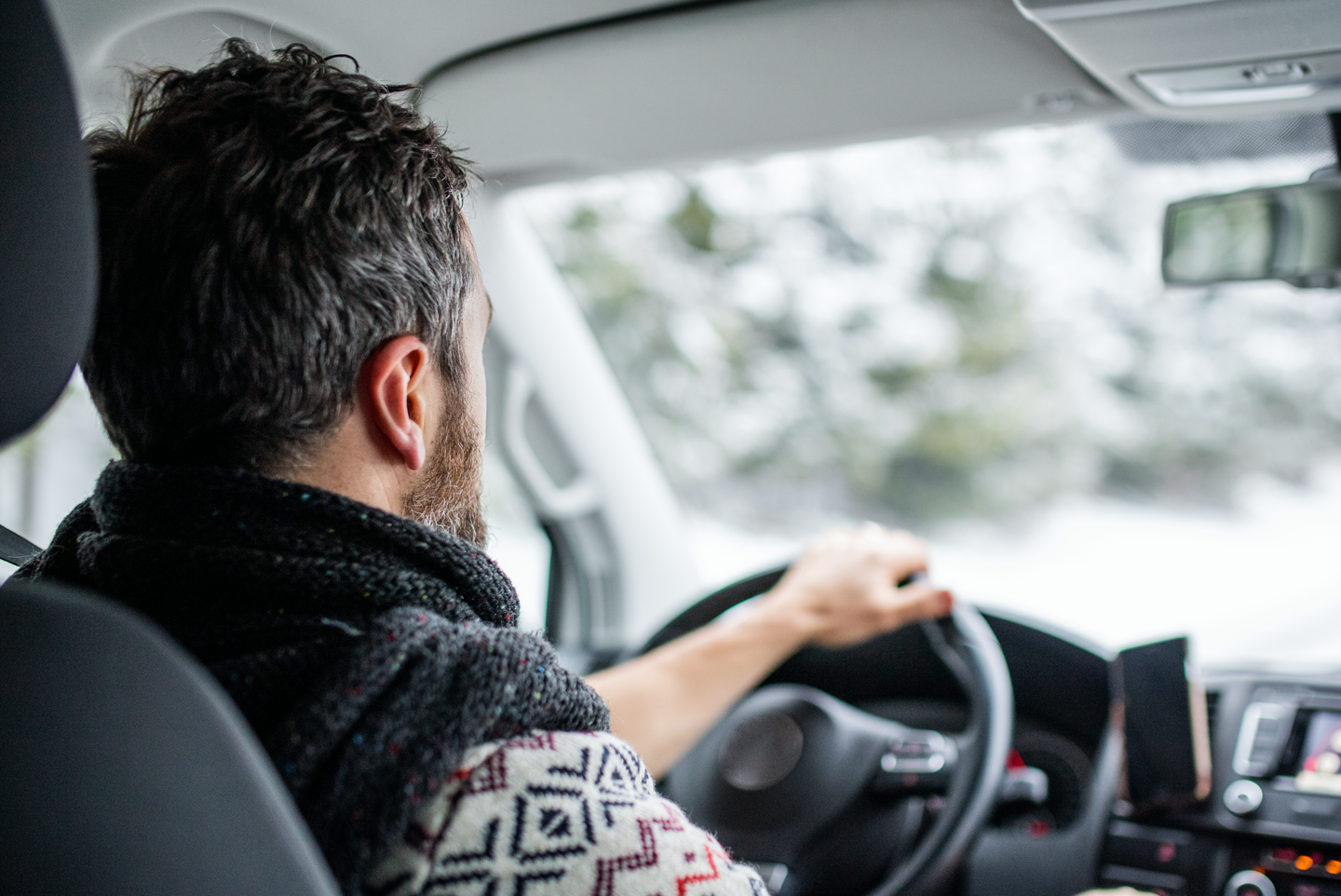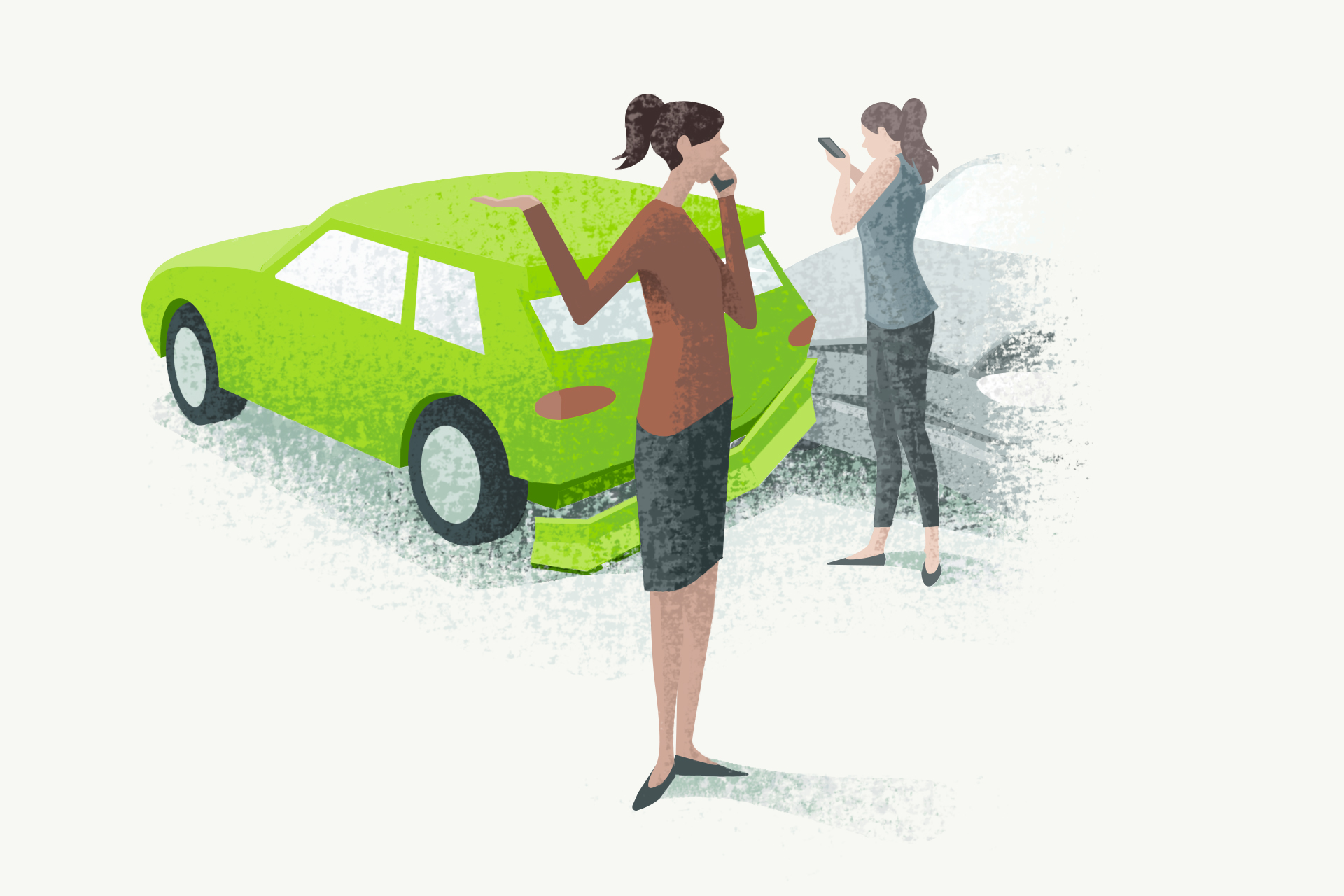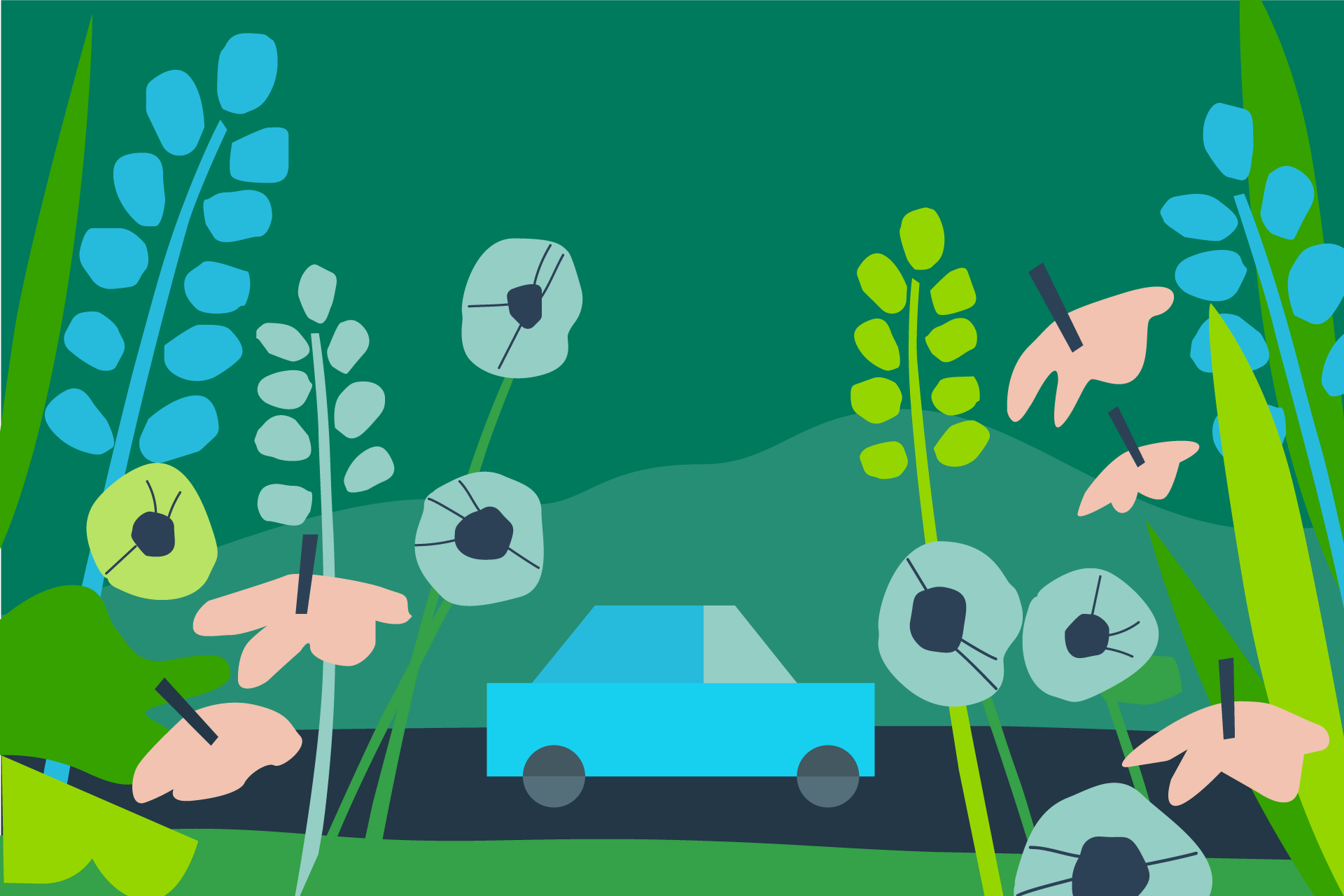How driving tired can slow you down
May 25, 2022
Yawn if you're not getting enough sleep.
It's not surprising, but that's a lot of us. According to a
research study conducted by Casper and Gallup, young adults (under 30) are more likely to experience trouble sleeping and may be affected by the quality of their sleep.Which begs the question—why is sleep so hard to come by? And how is it affecting you while you’re driving?
America is getting terrible sleep
We have absolutely awful sleep habits in our country. The CDC reports that 1 in 3 Americans are sleep deprived and getting less than the recommended seven to nine hours of sleep. And when we mean sleep, we’re talking about deep sleep.
Deep sleep is healthy sleep.
The National Sleep Foundation gives some insight into what a healthy sleep pattern looks like. As a complex process, sleep affects our entire body and mind. It consists of four stages:
Light sleep (stages 1&2)
Deep sleep (stage 3)
Rapid eye movement, also known as REM (stage 4)
A healthy night of Z’s involves cycling through each stage of sleep multiple times. As a result, the body and mind can be restored to help you feel and be your best. But what about those of us who can’t get that quality, continuous sleep?
The recommendation for adults to get seven to nine hours of sleep can be used as a guideline—a starting place for what healthy sleep should look like. But let’s be honest, each of us has different sleep needs. Depending on factors like genetic makeup or your daily schedule (hello, newborn parents), you may need more sleep or get by with less.
If you aren’t getting enough sleep, you may be encroaching on sleep deprivation. A tell-tale sign is feeling extremely tired during the day—the kind of sleepiness that makes staying awake during the day difficult. According to the National Sleep Foundation, symptoms of insufficient sleep may include:
Slowed thinking
Reduced attention span
Worsened memory
Poor or risky decision-making
Lack of energy
Mood changes such as stress and anxiety
Chances are we’ve all experienced that zombie-like feeling after a night of what feels like zero sleep. And because a lack of sleep can affect how we think and feel, we should talk about what that looks like behind the wheel.
Bad sleep creates bad drivers
The symptoms of insufficient sleep don’t mesh well with good driving. With a lack of sleep, the combination of reduced attention span and slowed thinking can be a recipe for decreased focus when driving.
And as we’ve talked about before at HiRoad, when you’re not focused, you’re distracted. As noted in the National Library of Medicine, a lack of focus from not sleeping well may lower your reaction speed as a driver. The study finds that even one night of bad sleep can reduce your reaction time. What is reaction time? One example could be your ability to stop the car after an animal darts out in front of your car. Or your capacity to move out of the way from someone else not paying attention to the road ahead.
A lack of sleep and its role behind the wheel can lead to drowsy driving. Drowsy driving can be as bad as drunk driving (and the studies back it up).
“Drowsy driving causes a few things: one, you’re going to have a delayed reaction, and that is critical when you’re driving ... to be able to respond if you have an unexpected event. The second thing is that your decision making is impaired.”
– Maureen Short, a Human Factors Expert and Senior Safety Engineer for Chevrolet
The folks at the National Sleep Foundation inform us that “after approximately 18 hours of being awake, the effects on reaction time, vigilance, multi-tasking and hand-eye coordination are comparable to having a blood alcohol content of 0.05 percent.” And just to put that into perspective, the federal legal limit to drive legally is a blood alcohol content (BAC) of 0.08 percent.
If you ever notice your eyelids are heavy, you’re yawning frequently, having poor recall of the last few miles or getting irritable and/or aggressive while driving—pull over. Being aware and mindful of drowsy driving can not only help you stay safe on the road, but it also keeps others safe as well.
You need more sleep, and you need better sleep
We’ve talked quite a bit about how much sleep you should be getting and why having enough sleep is important (especially while driving). But how do you get there? Good news, we have a few tips and sleep hacks that can help you get some quality z’s every night.
Schedule your sleep
Put screens away before bed
Keep the room cool and comfortable
Earplugs if you need a quiet space to sleep
Blackout curtains in your bedroom
Keep distractions (kids and pets) out of your bed
And listen, not every sleep hack will work for you, and that’s okay. Find what works for you to get those seven to nine hours of sleep every night. What if you can’t change your habits and get more than five hours of sleep?
First, if you already know you’re going to have a day of limited sleep (think all-nighter party or study session), consider alternate transportation, if possible. That could be setting up a ride with a friend or taking public transit.
Second, consider the mighty power nap. Mayo Clinic agrees, if you are someone who doesn’t sleep well at night and you want to reap the benefits of good sleep, consider working in a power nap (or two) during your day. And just like young toddlers, you want to try and schedule naps before 3 pm. Why? A nap that’s later in the day can interfere with nighttime sleep. With a restful 10 to 20-minute nap, your mood, alertness and performance can improve.
When you’re getting the sleep you need, you can improve your life in big ways. And one of those ways is helping you be a happier and safer driver. And at HiRoad, we’re big on rewarding you for safe and smooth moves on the road.
So catch some Z’s, and let’s start today.
The information in this article was obtained from various sources not associated with HiRoad®. While we believe it to be reliable and accurate, we do not warrant the accuracy or reliability of the information. HiRoad is not responsible for, and does not endorse or approve, either implicitly or explicitly, the content of any third party sites that might be hyperlinked from this page. The information is not intended to replace manuals, instructions or information provided by a manufacturer or the advice of a qualified professional, or to affect coverage under any applicable insurance policy. These suggestions are not a complete list of every loss control measure. HiRoad makes no guarantees of results from use of this information.Stay on the path
Get HiRoad in your inbox
Share your email to get the latest about our community of mindful drivers.



